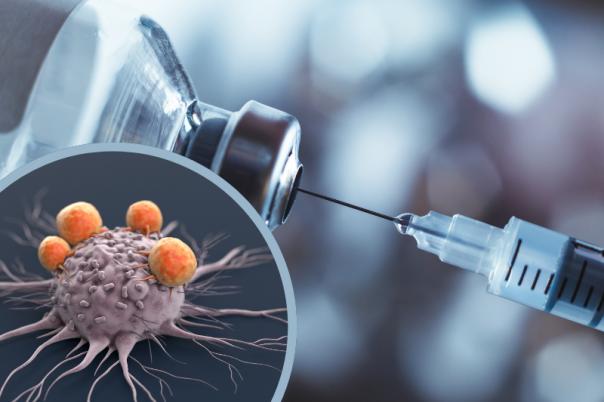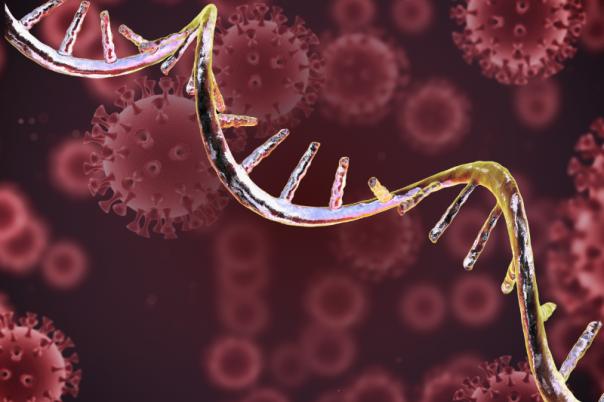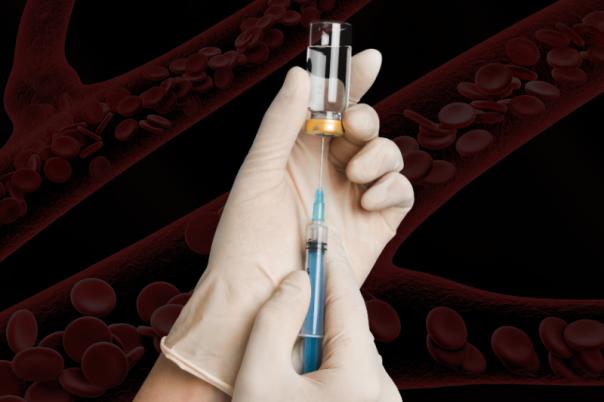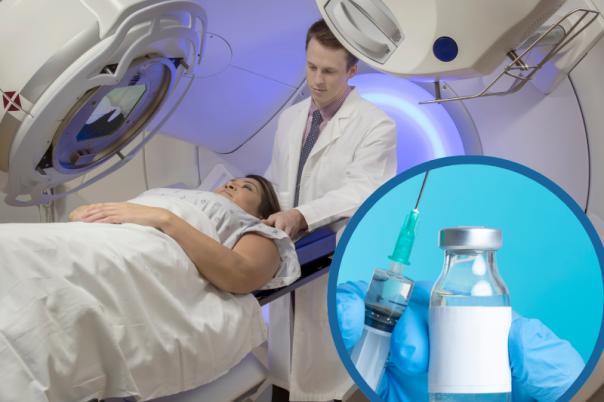Cancer treatment used to be a lot simpler than it is now. Chemotherapy was pretty much the only pharmacological avenue that was available, and although it is lifesaving in many cases, the debilitating side effects and unpredictability meant that patients would often fear the treatment more than the disease.
However, the introduction of immunotherapy has meant that targeted treatments for cancer are slowly becoming available. Jens Kringelum is a bioinformatician at Evaxion Biotech, specialising in immuno-informatics. He focuses on predicting and investigating immune system reactions to diseases to develop better treatments.
Evaxion Biotech has been working on neoantigen vaccine development for the past decade, using AI platforms to identify and target specific mutations in cancer cells, aiming for personalised treatments. A major challenge of using neoantigens is the fact that most of the time, high-quality neoantigens are often unique to each patient, requiring personalised approaches rather than one-size-fits-all treatments.
In this presentation, Kringelum outlines Evaxion’s PIONEER and ObsERV AI platforms which are put together using modular bioinformatic building blocks. The PIONEER platform is designed to identify neoantigens. It simulates what's happening in cancer cells and their interaction with the immune system.
The platform focuses on identifying specific mutations in cancer cells, ensuring these mutations are expressed and translated into proteins, and presented on the surface of cancer cells. This helps the immune system recognise and target malignant cells while leaving healthy cells alone.
The ObsERV platform offers an alternative source of neoantigens for personalised cancer vaccines. It uses another AI model, designed to identify epitopes from endogenous retroviral elements expressed in cancer cells. These endogenous retroviruses (ERVs) are ancient viral elements integrated into the human genome, which can be expressed in cancer cells serving as targets for vaccines. ObsERV selects these epitopes and validates them through various studies, including animal models, to ensure their effectiveness in controlling tumors.






